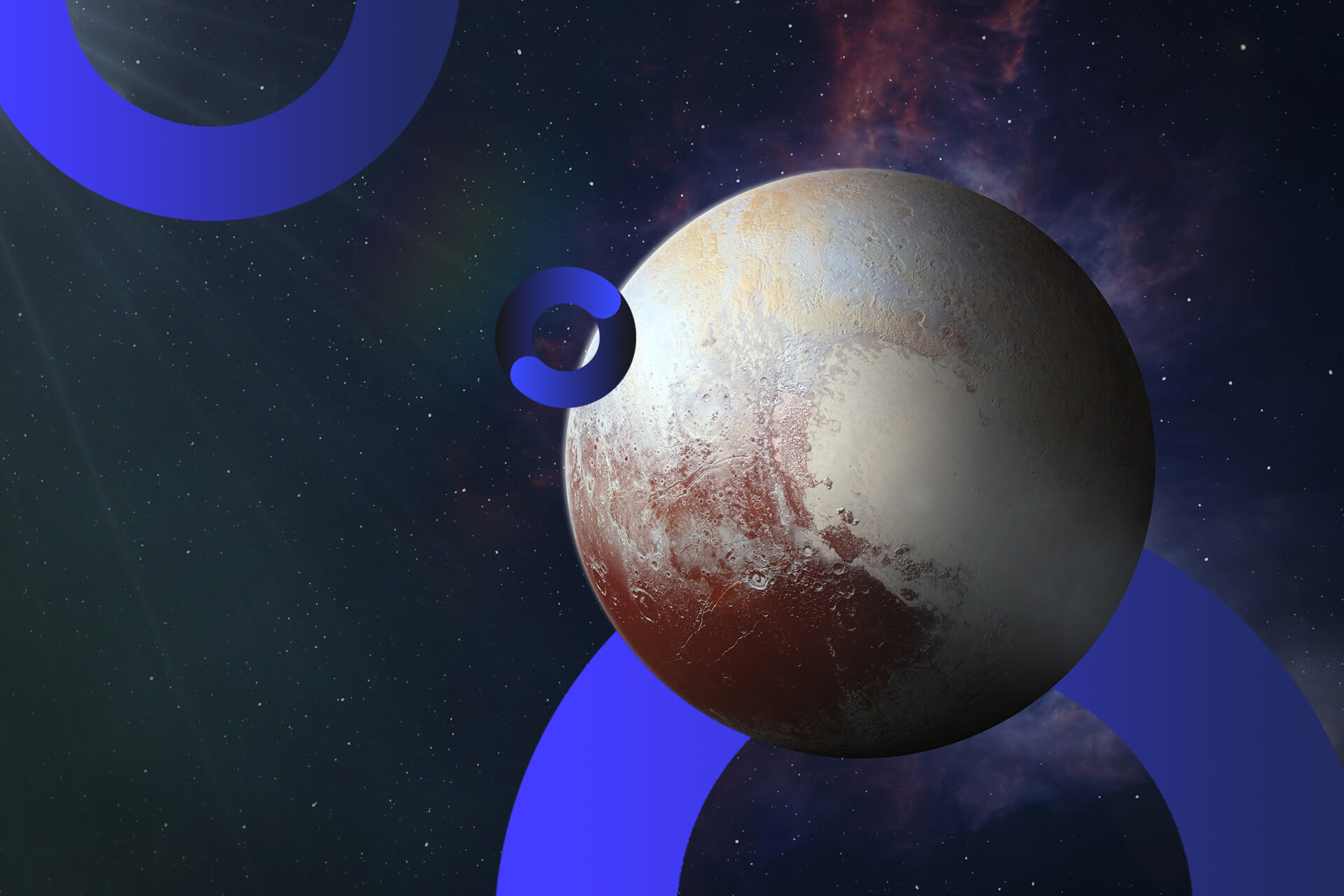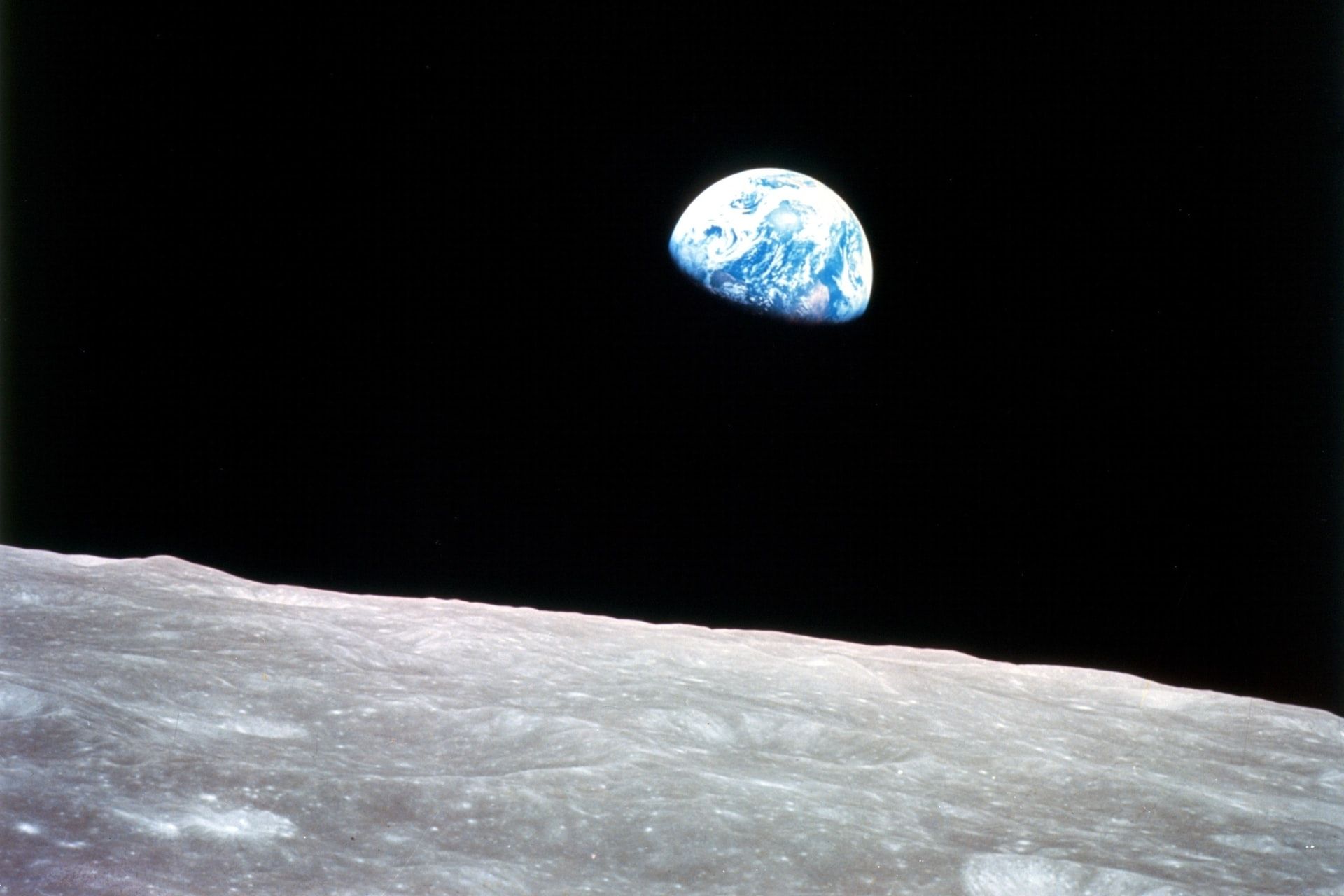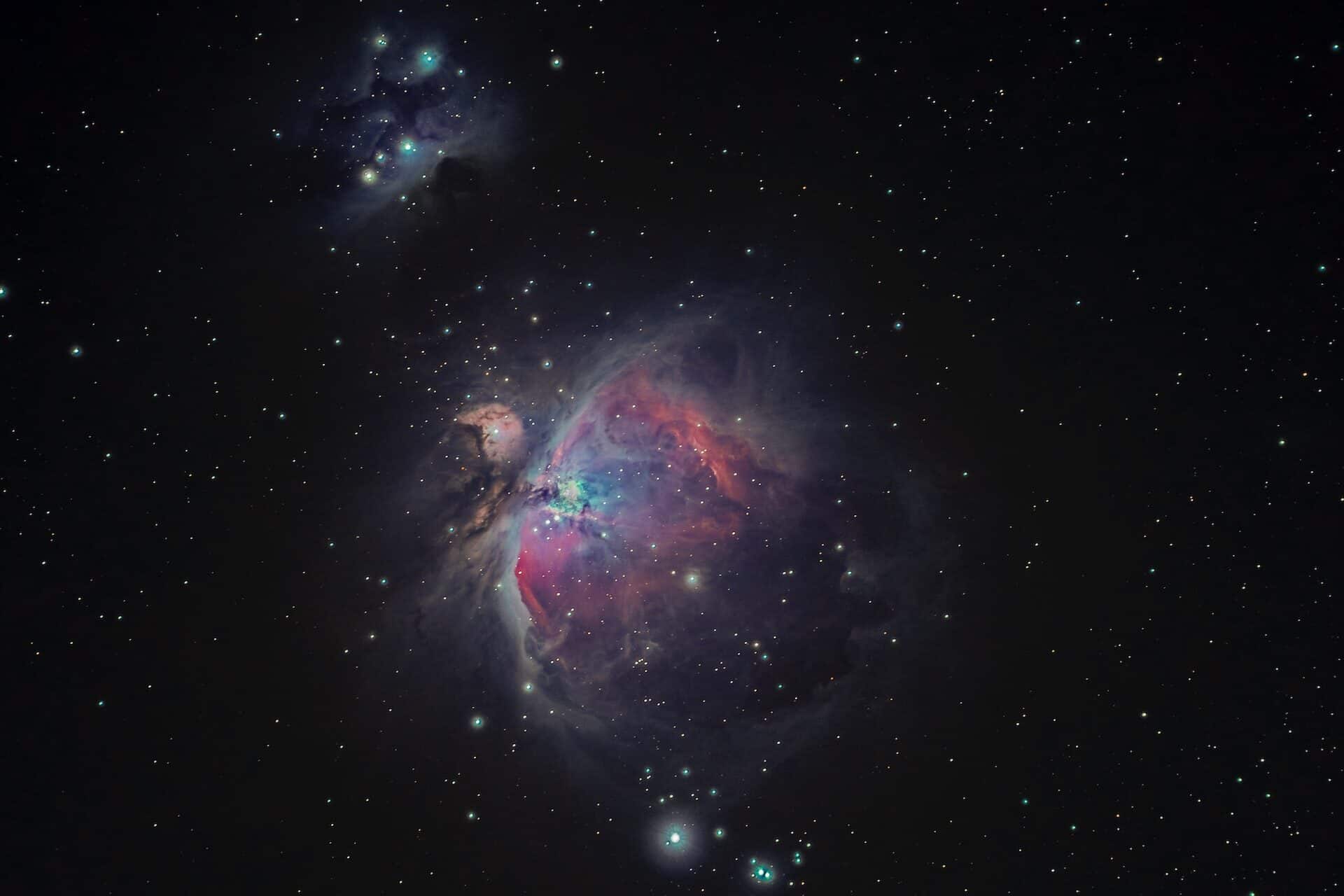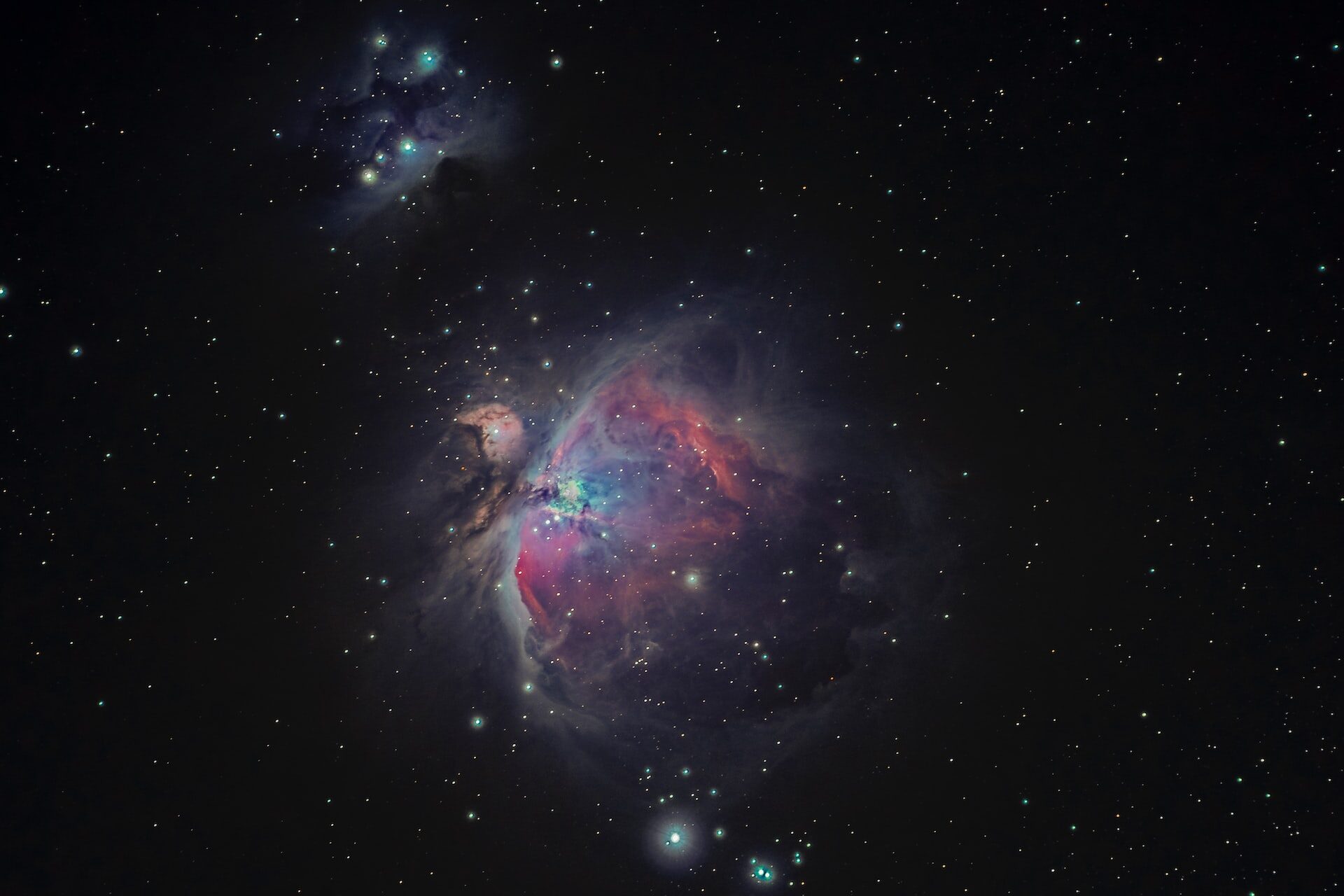
Exploring the Surprising Theory about a Contender for Ninth Planet
February 2, 2016 - Emily Newton
Revolutionized is reader-supported. When you buy through links on our site, we may earn an affiliate commision. Learn more here.
Have you heard the news? Looks like the planet count in the solar system may be back up to nine. Sadly, it’s not Pluto, the celestial object that previously held the spot. Scientists have found evidence for an entirely different, much larger object that lies way beyond Pluto’s orbit.
Caltech astronomers Konstantin Batygin and Mike Brown recently published a paper entitled “Evidence for a Distant Giant Planet in the Solar System,” detailing their argument for the existence of the planet.
Brown is actually the man who originally killed Pluto. In 2005, he discovered Eris, an object only slightly larger than the tiny, innocent ball of icy rock we used to call a planet. Eris was initially thought to be the tenth, but eventually, it came to be classified as a dwarf planet. But if Eris was a dwarf planet, so too were other objects like it, including our dearest Pluto. Because of Brown’s discovery, Pluto was tragically declassified as a planet in 2006.
The Proof
So how do astronomers know there’s another planet out there? After all, nobody’s seen it. And if Pluto doesn’t get this title, then why should any other object deserve it?
A planet, by definition, should be massive enough to dominate surrounding objects with its gravitational pull. That’s why Pluto was stripped of its classification — Neptune has too much control over its orbit.
While it’s true that no one has directly observed a new planet yet, Batygin and Brown have observed the behavior of several small objects that lie beyond the Kuiper — rhymes with “hyper” — Belt, which is a field of icy debris that lies beyond Neptune’s orbit.
These objects are clustered together, tilted with strange, elliptical orbits that all swing in one direction. After running computer simulations to check the math, the pair from Caltech has no doubt that these strange orbits are a result of the influence of a massive planet’s interference.
So What Is This New Planet?
It is estimated the new planet could be between two to 10 times the size of Earth and is probably less massive than Neptune, making it the fifth largest planet in the solar system. It is thought to be an icy gas giant similar to planets like Neptune and Uranus. Its orbit, however, is very different from that of other nearby planets.
As this diagram shows, the ninth sphere — referred to here as Planet X — has an orbit that is not only massively longer and wider than any other world orbiting the sun but is also elliptical in shape. This orbit is about 20 times longer than that of Neptune, with one trip around the sun clocking in at anywhere from 10,000 to 20,000 years. It’s is estimated to be about 60 billion miles away from the sun.
What Else Is Out There?
When poor little Pluto was demoted, it was because of the discovery of previously unknown objects in the solar system. Now with “Planet 9” possibly less than five years away from being spotted, scientists remind us that what we think we know about the solar system is limited by what we’ve seen so far. There could be a tenth world— maybe even more.
While the future probably won’t ever return Pluto to its former glory, there are certainly many more discoveries to come.
Revolutionized is reader-supported. When you buy through links on our site, we may earn an affiliate commision. Learn more here.
Author
Emily Newton
Emily Newton is a technology and industrial journalist and the Editor in Chief of Revolutionized. She manages the sites publishing schedule, SEO optimization and content strategy. Emily enjoys writing and researching articles about how technology is changing every industry. When she isn't working, Emily enjoys playing video games or curling up with a good book.





Good point. I hadn’t thguoht about it quite that way. 🙂